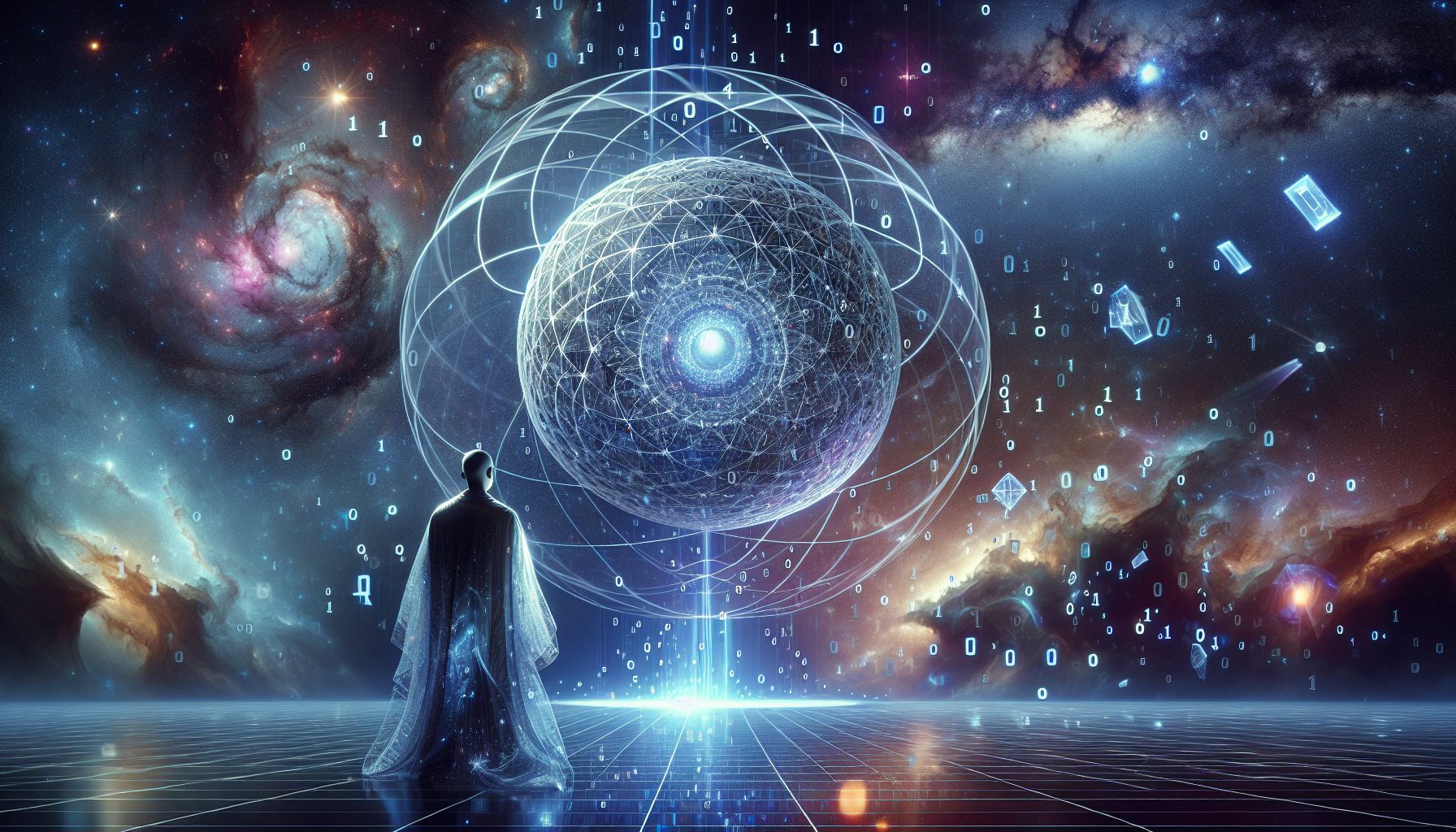📌 Let’s explore the topic in depth and see what insights we can uncover.
⚡ “Imagine a computer that could solve problems in seconds which would take today’s strongest supercomputers millions of years to crack. Welcome to the game-changing frontier of quantum computing!”
In the realm of computing, the digital revolution has undeniably transformed our lives. From the smartphones that sit in our pockets to the vast data centers that power the Internet, classical computing technologies have made countless scientific breakthroughs and societal advancements possible. But, have you ever imagined what could be the next groundbreaking leap in this field? Well, hold on to your seats, because we’re about to blast off into the fascinating and, admittedly, slightly mind-bending world of quantum computing. As we venture into this promising new horizon, we will demystify what quantum computing is, how it works, and why it has the potential to reshape everything from cryptography to machine learning. So, fasten your seatbelts and prepare for a journey into the quantum realm! 🚀
🧩 Quantum Computing: Unraveling the Mystery

"Venturing into the Quantum Computing Universe"
Before we dive head-first into the quantum realm, let’s clarify what we mean by quantum computing. Simply put, it’s a new type of computation that leverages the principles of quantum mechanics to process information. Sounds simple, right? Well, not quite. You see, quantum mechanics is a branch of physics that describes the strange behaviors of particles at the atomic and subatomic levels. And when we say strange, we mean really strange. 🌀 For instance, a quantum particle can exist in multiple states at once, a phenomenon known as superposition. Imagine being able to watch both the latest episode of your favorite show and the big game simultaneously. Not in split-screen or flipping back and forth, but actually experiencing both at the same time. That’s superposition! Another mind-bending quantum property is entanglement, where pairs of quantum particles become intertwined and instantly affect each other, regardless of distance. Think about it as having two magic dice 🎲. Even if you take them to opposite ends of the universe, when you roll one, the other will always land on the same number instantly! These properties make quantum computers fundamentally different (and potentially much more powerful) than classical computers.
💻 Quantum Bits vs Classical Bits
In classical computing, the fundamental unit of information is the bit, which can be either a 0 or a 1. However, in the quantum realm, we deal with quantum bits, or qubits. A qubit, thanks to superposition, can be in a state of 0, 1, or any combination of both. This means that a quantum computer can process a vast number of computations simultaneously, making it incredibly powerful for certain tasks. Consider this: a classical computer with n bits can exist in one out of 2^n possible states. So, a 4-bit computer can be in one of 16 possible states at any given time. But, a quantum computer with n qubits can exist in all 2^n states simultaneously! So, a 4-qubit quantum computer can be in all 16 states at once. Now that’s parallel processing on steroids! 💪
🔑 Quantum Computing and Cryptography
One of the most talked-about applications of quantum computing is in the field of cryptography. In the current world of online banking, secure emails, and encrypted chats, our security relies heavily on encryption algorithms. Most of these algorithms are secure because they rely on the difficulty of factoring large numbers into primes, a task that would take classical computers an infeasibly long time to solve. However, with the advent of quantum computers, these encryption methods may come under threat. A quantum computer could, in theory, crack these codes in a fraction of the time it would take a classical computer. This has led to a new field of study known as post-quantum cryptography, aimed at developing new cryptographic systems that can withstand quantum attacks.
👩🔬 Quantum Computing and Scientific Simulations
Another promising application of quantum computing is in the field of scientific simulations. Many natural phenomena, such as the behavior of molecules or climate systems, are incredibly complex and nearly impossible to accurately simulate on classical computers. Quantum computers, however, could simulate these systems more accurately due to their inherent quantum nature. By accurately modeling complex molecular interactions, for example, we could potentially discover new medicines, materials, and energy sources. Imagine a future where we could precisely predict climate patterns or design personalized medicines at the quantum level. That’s the power of quantum computing! 🌍
🧭 Conclusion
As we come back from our thrilling excursion into the quantum realm, it’s clear that the world of quantum computing holds immense promise. With the potential to revolutionize fields from cryptography to scientific simulations, quantum computers could be the next big leap in our technological evolution. However, it’s important to remember that we’re still in the early days of this exciting journey. Quantum computing faces significant challenges, including maintaining quantum coherence and scaling up quantum systems. But, with the rapid pace of innovation and the global interest in this field, the quantum future is closer than you might think. So, whether you’re a seasoned technophile or just a curious onlooker, keep your eyes on the horizon as we continue to explore the promising world of quantum computing. Who knows what mind-blowing discoveries await us? One thing’s for sure: it’s going to be a quantum leap forward! 🚀
🚀 Curious about the future? Stick around for more discoveries ahead!
